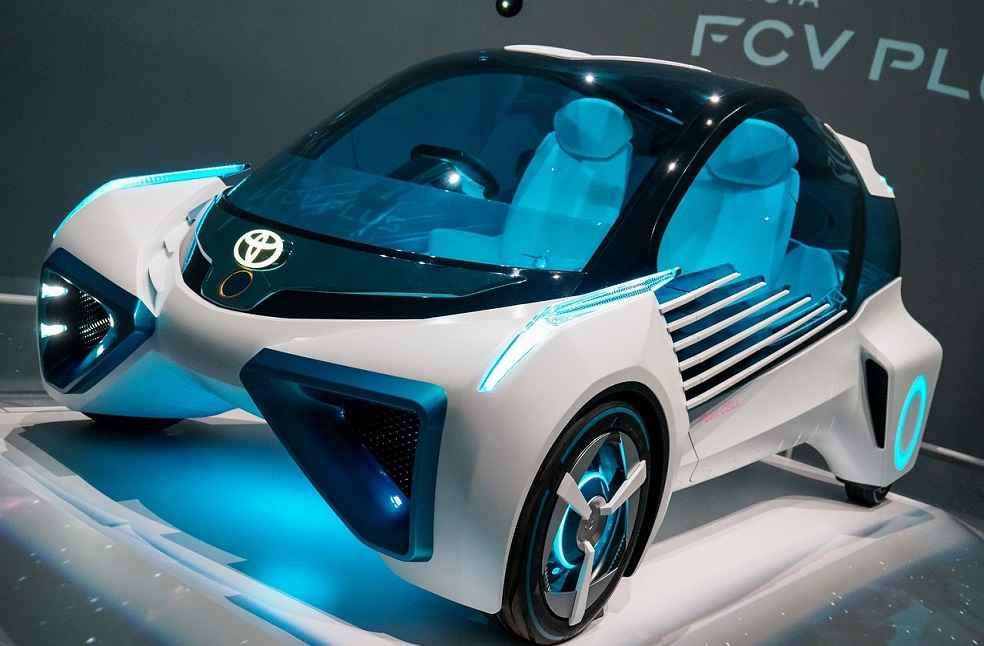Global automotive giants, including Volkswagen and Stellantis, are aligning with Chinese EV firms, augmenting their competitive stance as the industry pivots toward electrification. These partnerships showcase the growing prowess and technological sophistication of Chinese EV manufacturers, challenging previous perceptions of overcapacity and reliance on government subsidies—a critique often levied by the European Union.
Volkswagen disclosed a significant venture with Chinese startup Xpeng this Wednesday. Their collaboration aims to create a bespoke electrical/electronic architecture for the Chinese market, scheduled for a 2026 debut. This architecture intends to expand digital services and enhance the desirability of Volkswagen’s product line in China, where EV adoption is rapidly accelerating. This announcement follows a recent €2.5 billion investment by Volkswagen to enlarge its innovation hub in Hefei, Anhui province.
Ralf Brandstaetter, a board member at Volkswagen China, articulated the strategic benefits of this partnership, emphasizing the enhancement of efficiency, optimization of cost structures, and acceleration of development timelines. “High cost-effectiveness and a fast pace of development are crucial for our competitiveness in China’s dynamic market environment,” he stated.

Concurrently, Chery, the Chinese partner of Jaguar Land Rover, reported discussions with two European luxury brands, likely Maserati and Alfa Romeo, about adopting its EV platform. Adopting established Chinese EV platforms presents a swift, economical alternative to the arduous and expensive process of developing new technologies independently.
The influence of Chinese EV technology on the global stage continues to expand, propelled by significant improvements in technology and production efficacy within China’s auto sector. Ma Yingying, an assistant research fellow at the Chinese Academy of Social Sciences, noted these advances as critical to enhancing China’s global auto industry stature, offering distinct advantages in electrification and intelligent technologies.
Stellantis joined the trend in 2023 by partnering with Leapmotor, a Chinese startup, to utilize its cost-effective EV ecosystem. This partnership aims to facilitate Stellantis’ electrification objectives in Europe and the US. Leapmotor’s early adoption of Cell-to-Chassis technology represents the advanced innovations underway in China.

Toyota has also revised its operational strategy in China from a ‘for China’ to a ‘with China’ model, signaling a commitment to deeper cooperation with Chinese technology firms. The Japanese automaker is set to announce new collaborations at the Beijing auto show with Huawei and Momenta, integrating advanced driving-assist systems commonly found in Chinese cars.
These strategic alignments underscore a transformative phase in the global automotive industry, characterized by technological exchange and collaboration between Western auto giants and Chinese EV firms, heralding a unified and electrified automotive future.
OBSERVATION | The Road Ahead: A Look at the World Automobile Industry in 2030





